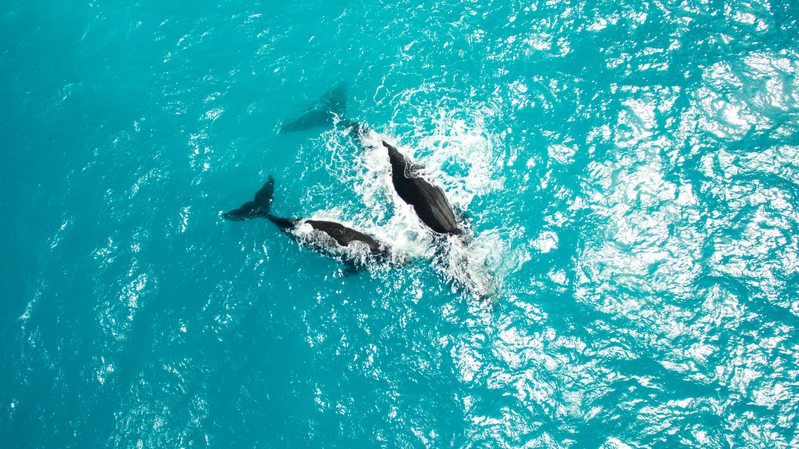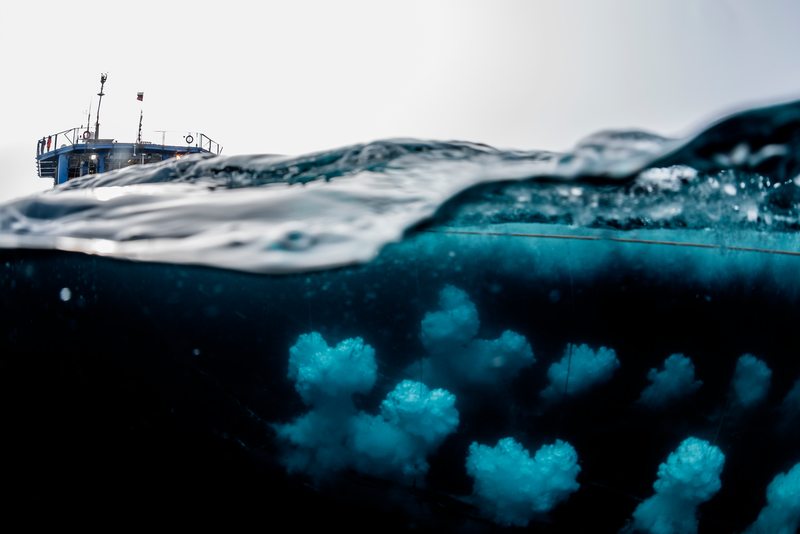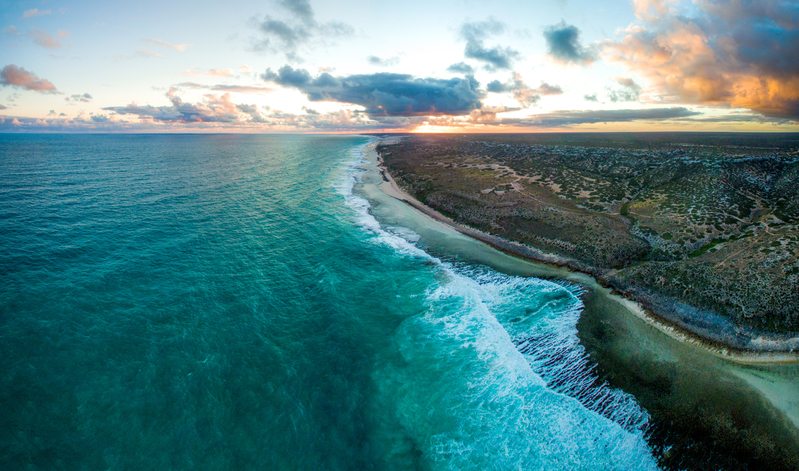‘Imagine someone operating a nail gun for three months in your kitchen and you have nowhere else to eat….

…You would stay to feed yourself, but your stress level would elevate, health deteriorate, and potentially have hearing damage. During your next home renovation project you should be happy you have restaurants as alternative eateries. Whales don’t.”
–Dr. Leigh Torres, Marine Mammal Institute, Oregon State University (on seismic testing)
Big Oil is circling the Great Australian Bight.
Norwegian oil giant Statoil has been granted an exploration permit and plans to drill in the Great Australian Bight this year. Half a dozen other oil companies also own permits and the government is proposing to open up even more of the Bight for them to bid on. We have good reason to be concerned.
Statoil’s track record is worrying. It has faced criticism in Norway over a worsening safety record, with a doubling in the volume of oil spills in the last year, and a surge in the number of major safety incidents.
But spills are not the only way in which the oil industry can have a destructive impact on our planet. Each phase of production from exploration, through to extraction and transportation is fraught with its own risks.
Companies are applying to conduct seismic testing in the Bight to help them decide where to drill. If it goes ahead, our marine life will be in serious danger.
So what is seismic testing?
Seismic testing is conducted by the oil and gas industry as a major early phase of exploration to find hydrocarbon deposits deep under the earth’s surface.
Seismic airguns, dragged along by a ship, fire compressed air into the water to create blasts of sound that penetrate kilometers into the seabed. After bouncing back off different layers of rock, returning echoes are detected and recorded by sensors towed by the same ship.
A typical survey will blast on repeat every 10 seconds, around the clock 24 hours a day for weeks often months. At 259 decibels (dB) per blast, the sound is enough to kill a human and blanket an area of over 300,000 km2, raising background noise levels 100 fold.

The M/V Akademik Shatskiy operated by Norwegian company TGS Nopec conducts seismic blasting off North-East Greenland.
Seismic airguns are harmful to marine life.
Up above the water, we humans are dependant on our vision, but the oceans are an acoustic world.
Light can only penetrate so far below the surface of the ocean and so much of it is very dark. Vision doesn’t work so well and so animals like whales are dependent on their ability to hear for almost everything.
To navigate, hunt, detect predators, mate and communicate whales need echolocation.
Seismic testing affects a marine animal’s ability to do all of that.
The blast noise can drown out whale calls, so feeding or mating calls go unheard. Humpback whales have been known to stop singing altogether while other species abandon large areas that they need to use to hunt or raise their young.
The periodic blasts heighten an animal’s stress levels, which if chronic will have an impact on the immune system and comprise their overall health. Blasts can cause temporary or even permanent hearing loss, and have also been linked to strandings.
This is bad news for the Bight. 85% of marine life there is found nowhere else on earth and it’s home to one of the world’s largest breeding populations of the endangered southern right whale. It is a unique, pristine, remote marine environment.
And it’s not just whales and dolphins that will be left in the lurch.

Drone footage of Bunda Cliffs in the Great Australian Bight.
Seismic testing can harm all marine life, which means it affects communities too
Many communities in Southern Australia depend on marine life for their livelihoods, and we know that seismic testing effects many more species than just whales.
Scientists have found seismic testing also damages scallops, lobsters and other commercially important fish species.
In Norway, fishermen have access to compensation schemes because of the financial losses they experience as a result of testing. It’s that bad.
In Southern Australia around 1400 people are employed in the Southern lobster fishing industry alone, while fishing and aquaculture is worth $880 million a year to the state. Seismic testing could affect these industries.


